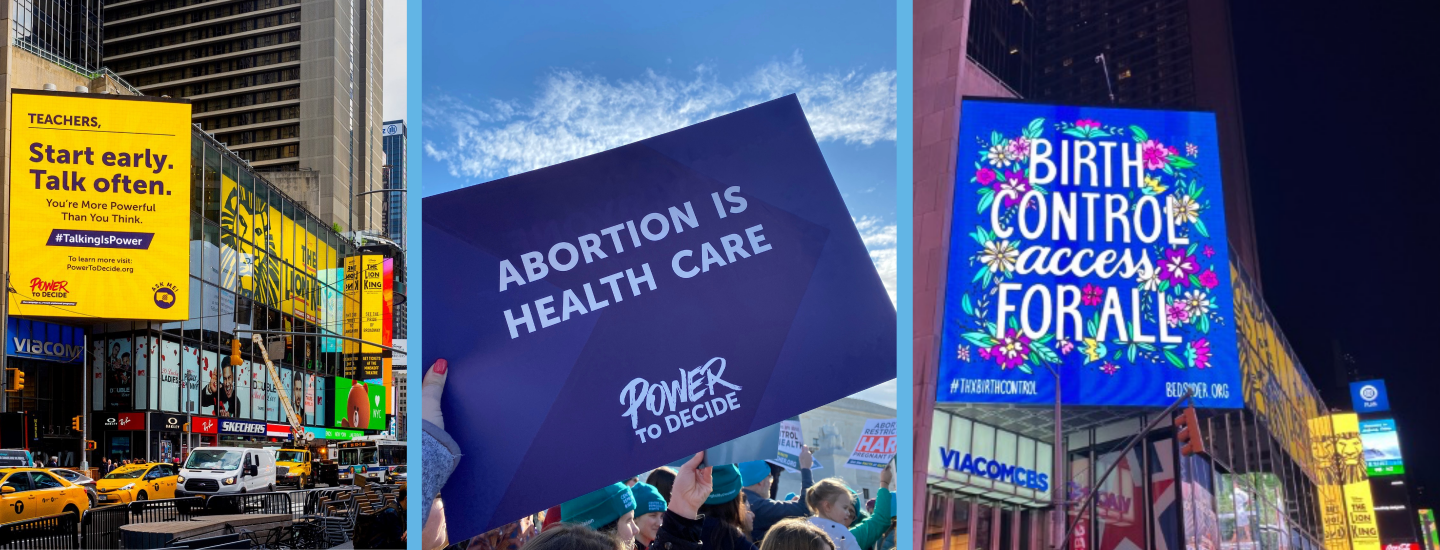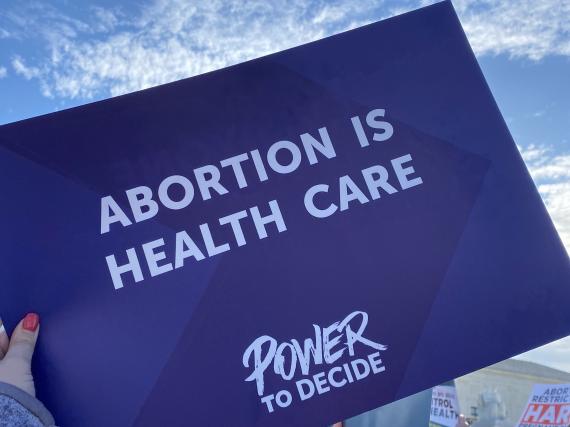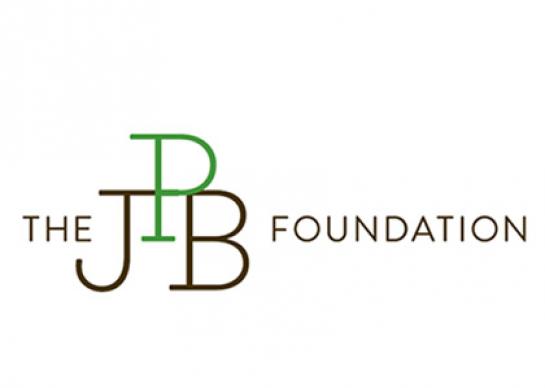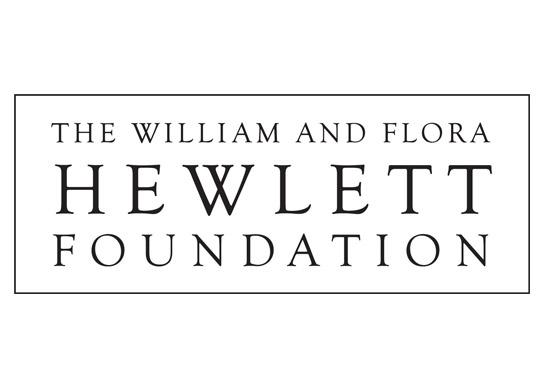Celebrating 28 Years of Service
And recognizing that progress isn't victory. We are continuing our journey to improve reproductive well-being and increase agency until all young people have the power to decide their destiny.
Our Past
Power to Decide (originally known as The National Campaign to Prevent Teen Pregnancy) was founded in 1996 in response to President Clinton’s 1995 State of the Union call to reduce teen pregnancy rates. At the time, the rate of teen pregnancy in the U.S. exceeded most developed countries and was viewed by the President as the nation’s most pressing domestic issue.
Since peaking in the early 1990s, birth rates among teens ages 15-19 have declined 72%. According to final birth data from the Centers for Disease Control and Prevention (CDC), in 2018 the teen birth rate hit a record low of 17.4 births per 1,000 females (down from 61.8 births per 1,000 in 1991).
Despite dramatic declines in teen pregnancies and births over the past two decades, approximately 45% of pregnancies to women of all ages are unplanned. To address the contrasting trends of declines in teen pregnancies and steady or increasing rates of unintended pregnancy among people in their 20s, we expanded our mission in 2005 and became the National Campaign to Prevent Teen and Unplanned Pregnancy.

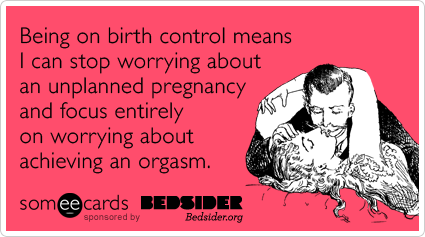
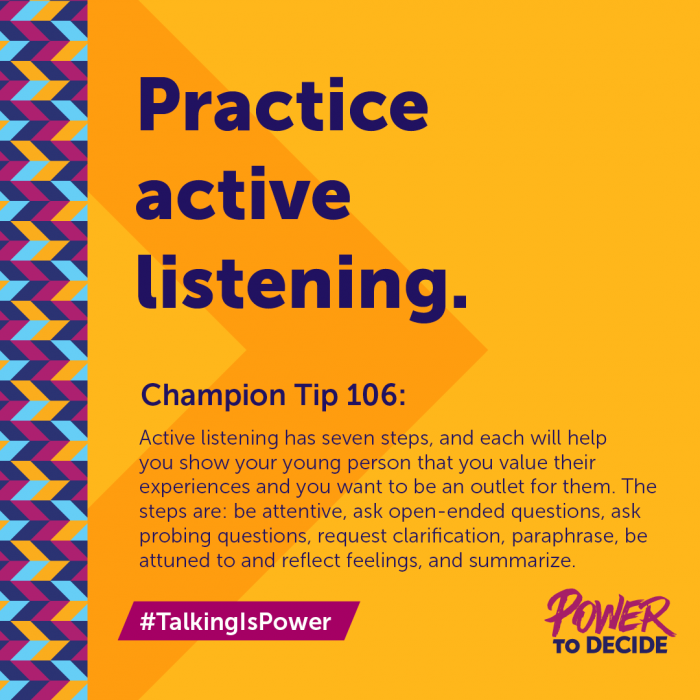
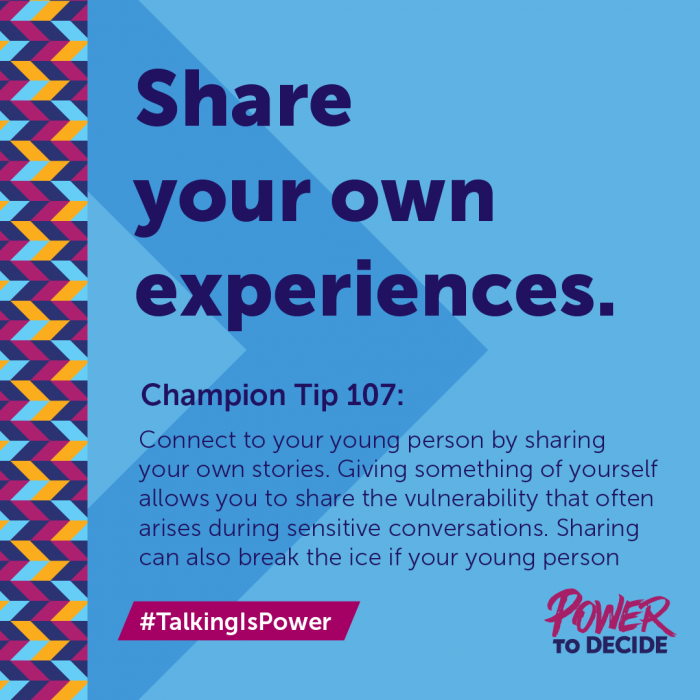
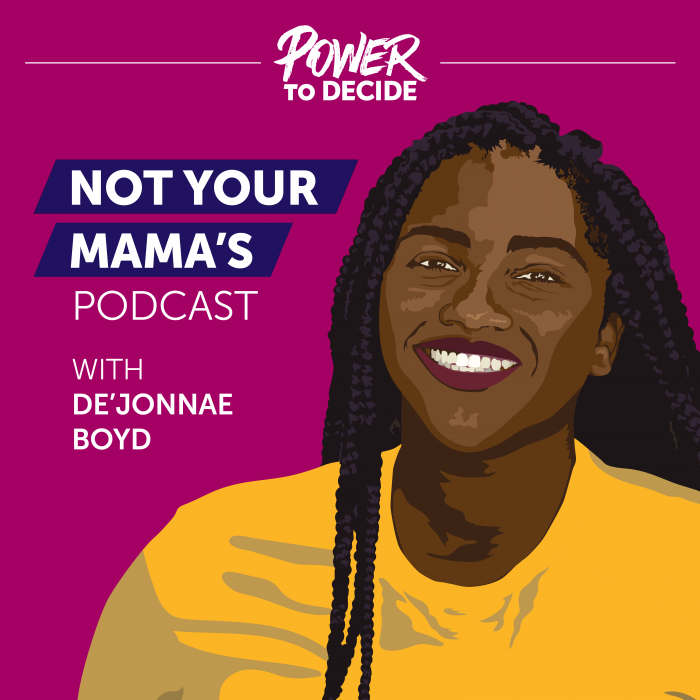

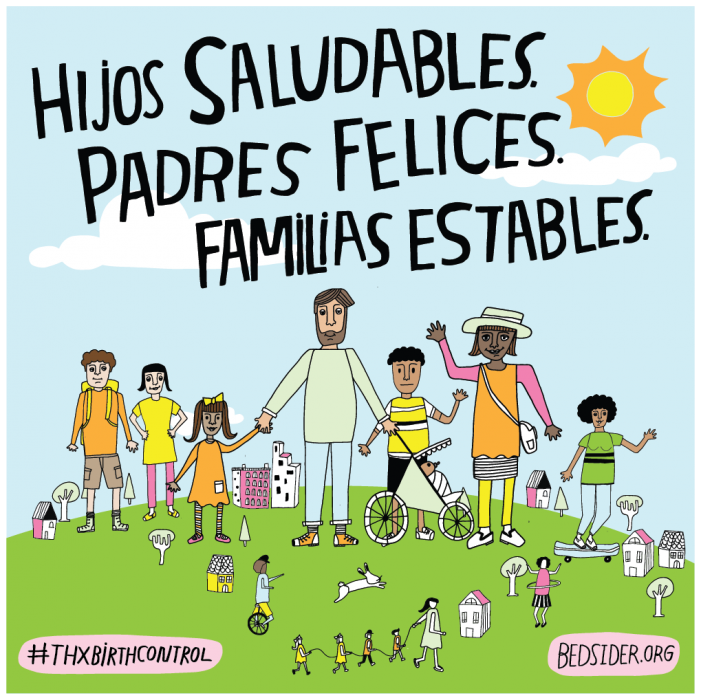
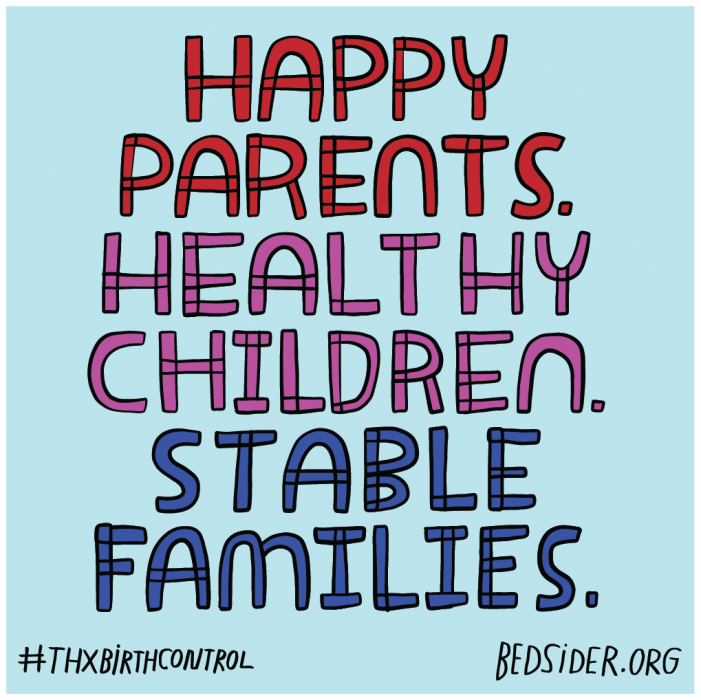
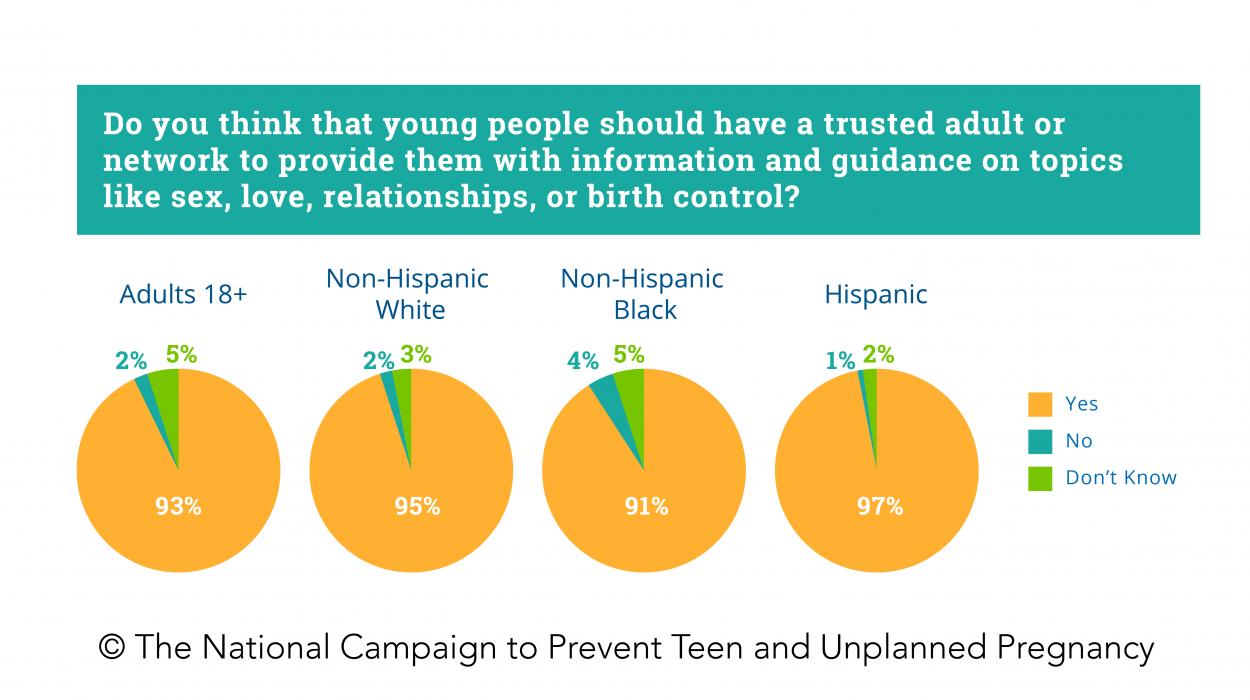
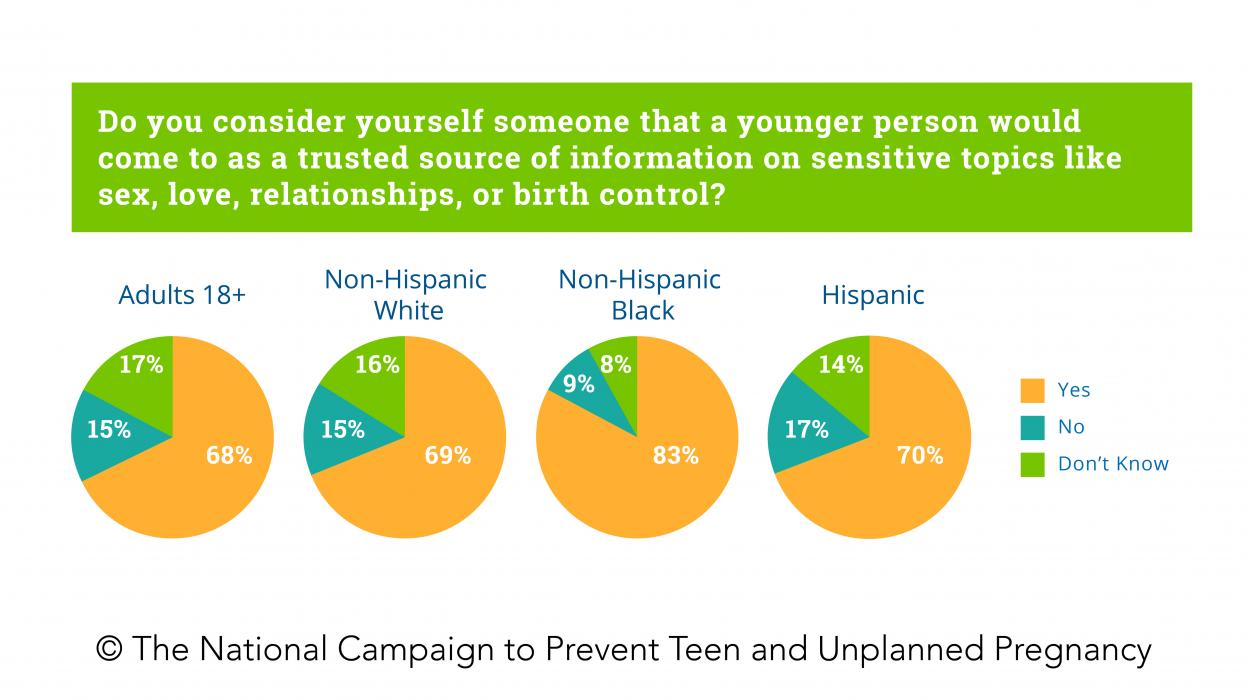
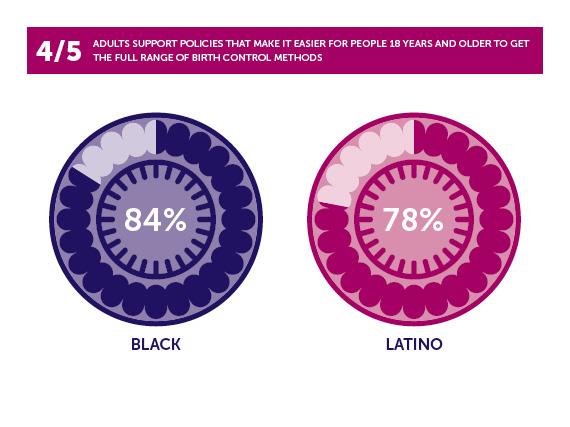
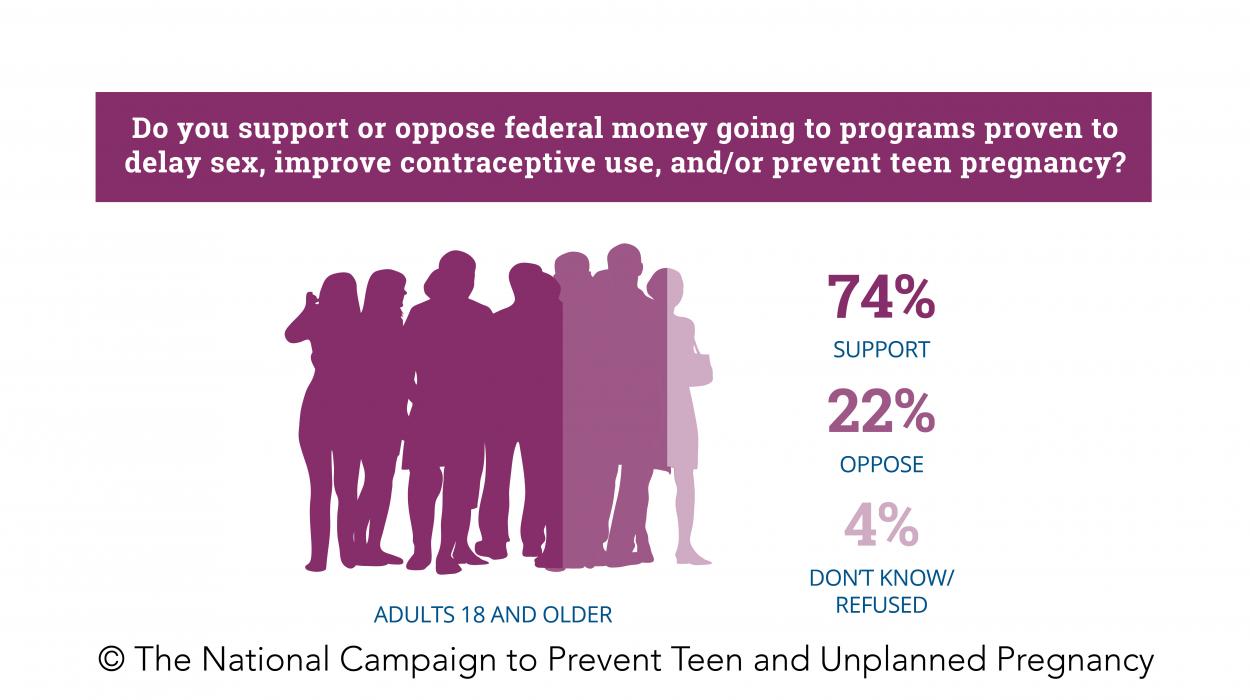
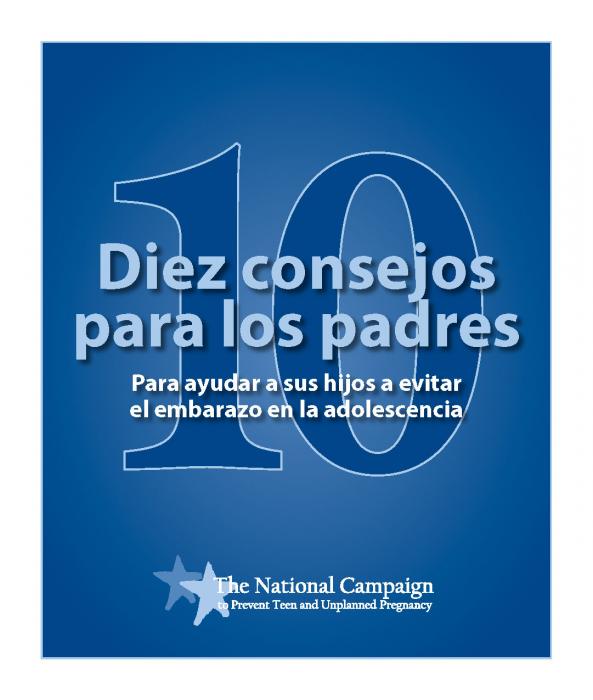
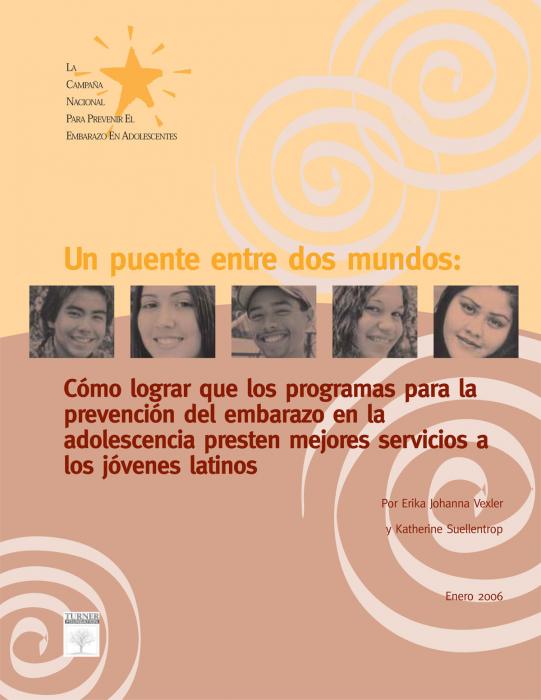
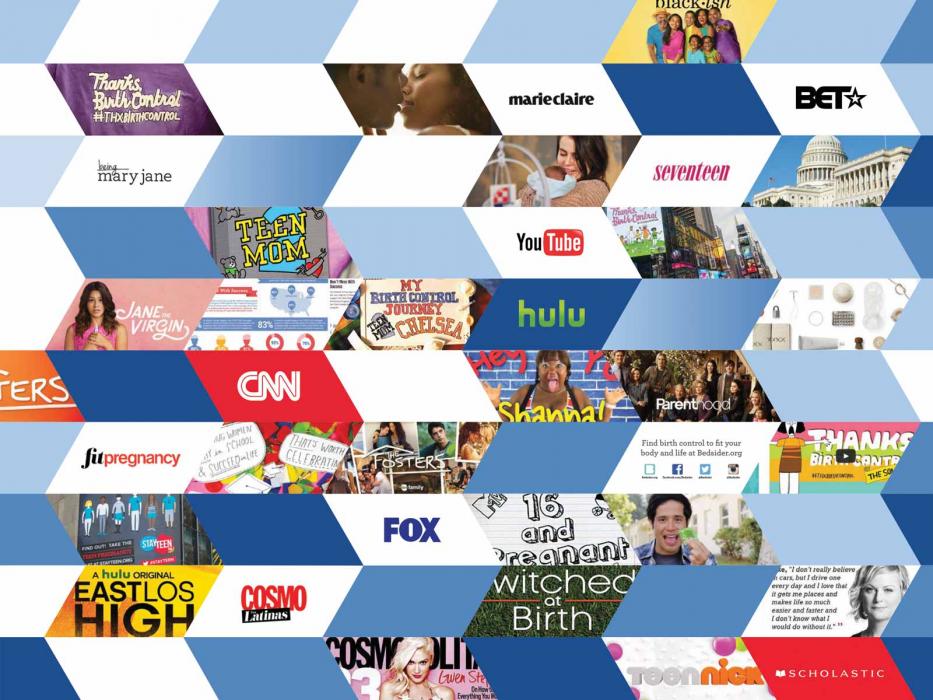
Our Future
Throughout our 27-year history, we have remained both uniquely positioned and respected among national, state and local advocates for providing evidence-based information and statistics on unplanned pregnancy and related issues.
Power to Decide continues to work with diverse organizations such as the Office of Management and Budget (OMB) and MTV to elevate and inform a variety of audiences about our issues. Our successful partnerships with sister organizations, advocacy groups, entertainment media and pop culture allow us to reach our audiences where they are. From TLC's Unexpected to Freeform’s The Bold Type to Marie Claire and Cosmopolitan, we partner with leaders and influencers in the entertainment industry and popular culture to talk about sexual health, relationships and birth control in a relevant, approachable way. All while our online birth control support network, Bedsider, reaches 8 million people every year between ages 18-29; it is a proven valuable resource for people to find the method that’s right for them.
